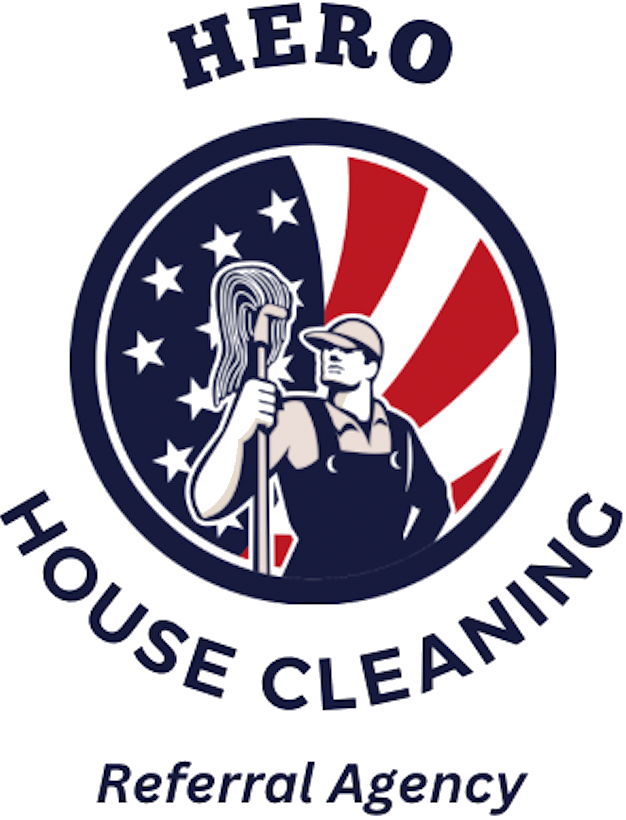The impact of allergens in the home
Allergens in your home can cause various health issues, including asthma, allergies, and respiratory problems. These allergens can come from dust mites, pet dander, mold, and pollen, among other sources. By regularly deep cleaning your home, you can effectively reduce the presence of these allergens, creating a healthier living environment for you and your family.

Understanding regular deep cleaning
Regular deep cleaning involves thorough and intensive cleaning of your home to remove dust, dirt, and allergens. It helps in reducing the presence of allergens such as dust mites, pet dander, and pollen, which can trigger allergies and respiratory problems. Regular deep cleaning includes tasks like vacuuming carpets, washing curtains, dusting surfaces, and cleaning air filters. By regularly deep cleaning your home, you can create a healthier environment and minimize the risk of allergies for you and your family.
Common allergens in the home
Dust mites, pet dander, mold, and pollen are the most common allergens found in homes. These allergens can cause respiratory issues and allergies. Vacuuming, dusting, and washing bedding regularly can help reduce the presence of these allergens in your home.
Benefits of regular deep cleaning for reducing allergens
Regular deep cleaning of your home can significantly reduce the amount of allergens present. By regularly vacuuming, dusting, and washing surfaces, you can lower the levels of allergens such as dust mites, pollen, and pet dander. This can help to alleviate symptoms for allergy sufferers and improve indoor air quality.
Steps for a thorough deep cleaning routine
Cleaning your home regularly can help reduce allergens, making it a healthier environment for you and your family. Here are some steps for a thorough deep cleaning routine:
- Dust and vacuum all surfaces, including furniture, shelves, and carpets.
- Wash all bedding, including sheets, pillowcases, and blankets, in hot water to remove dust mites.
- Clean and sanitize kitchen and bathroom surfaces, such as countertops, sinks, and tubs, to eliminate mold and mildew.
- Wipe down walls, windows, and other hard surfaces to remove dust and allergens.
Remember, regular deep cleaning can help keep allergens at bay, reducing the risk of allergy symptoms in your home.
Choosing cleaning products for allergen reduction
When choosing cleaning products for allergen reduction, look for those specifically designed to target allergens such as dust mites, pollen, and pet dander. Opt for products labeled as “hypoallergenic” or “allergy-friendly” to ensure they are suitable for reducing allergens in your home. Additionally, consider using products with natural ingredients and free from harsh chemicals, as these may be more gentle on allergy sufferers. It is also essential to regularly clean surfaces and fabrics where allergens can accumulate, such as carpets, upholstery, and bedding, to maintain a clean and allergen-free environment in your home.
Maintaining a clean environment for allergy control
Regular deep cleaning can significantly reduce the presence of allergens in your home, making it a healthier environment, especially for those with allergies. Here’s how maintaining a clean environment can help control allergies:
- Dusting surfaces and vacuuming regularly helps to remove dust mites, pet dander, and other common allergens from your home.
- Washing bedding, curtains, and other items that can collect allergens helps to reduce their presence in your living space.
- Keeping floors clean and using a HEPA filter in your vacuum can help to minimize the amount of allergens in the air.
- Regular cleaning of air vents and filters can reduce the circulation of allergens in your home.
Professional deep cleaning services
Conducting professional deep cleaning services in your home can significantly reduce allergens. Professional cleaning techniques can help eliminate dust, pet dander, mold, and other allergens that may be lurking in your living spaces. A thorough deep cleaning performed by trained professionals can target hidden spots where allergens accumulate, providing a deep and effective clean for a healthier living environment.
Tips for managing allergens between deep cleanings
To manage allergens between deep cleanings, you can follow these tips:
- Vacuum your carpets and rugs at least once a week to remove dust, pet dander, and other allergens.
- Use allergen-proof covers for pillows and mattresses to decrease exposure to dust mites.
- Wash bedding in hot water regularly to kill dust mites and remove allergens.
- Keep windows closed during high pollen seasons to reduce pollen entering your home.
- Use a high-efficiency particulate air (HEPA) filter in your vacuum cleaner to minimize the spread of allergens during cleaning.
These simple steps can help reduce allergens in your home and improve air quality between professional deep cleanings.
Conclusion and summary
To sum up, regular deep cleaning is an effective way to reduce allergens in your home. By incorporating vacuuming, dusting, and washing fabrics on a consistent basis, you can significantly reduce the presence of allergens such as dust mites, pet dander, and pollen. This can lead to a healthier and more comfortable living environment, especially for individuals with allergies or asthma. Additionally, maintaining a clean and tidy home can also contribute to overall well-being and peace of mind.
